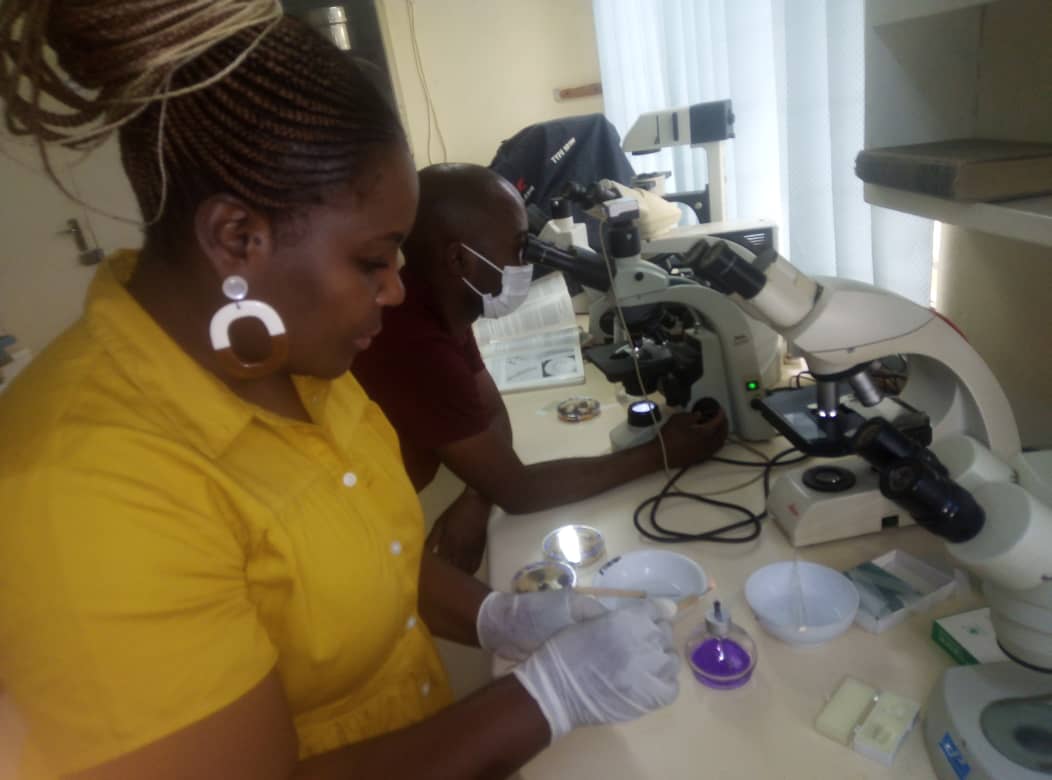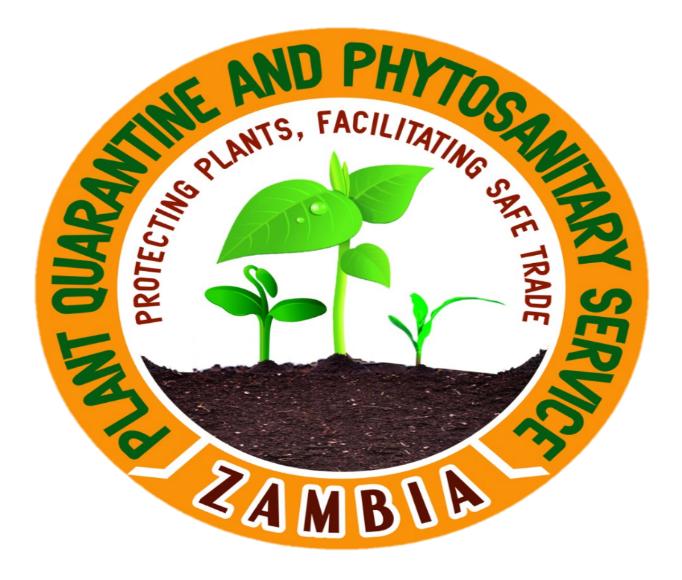Who we are
The Plant Quarantine and Phytosanitary Service (PQPS) is a new department in the Ministry of Agriculture with a core mandate of providing regulatory services that seek to prevent the introduction and spread of plant pests in the country while facilitating safe movement of plants and plant products both locally and internationally. Zambia is a signatory to the International Plant Protection Convention (IPPC) and accordingly, has an obligation to have a National Plant Protection Organisation (NPPO). PQPS is the designated NPPO of Zambia. The department derives its mandate from the Plant Pests and Diseases Act, Cap 233 of the Laws of Zambia as the principal law but further makes reference to a number of legislations such as the Noxious Weeds Act, Cap 231, the Coffee Act, Cap 228 the Cotton Act, Cap 227 and the Border Management Act No. 12 of 2018 among others. Linked to the principal Act, are several Statutory Instruments (S.Is) that provude a complementary and supplementary role to the principal Act.


